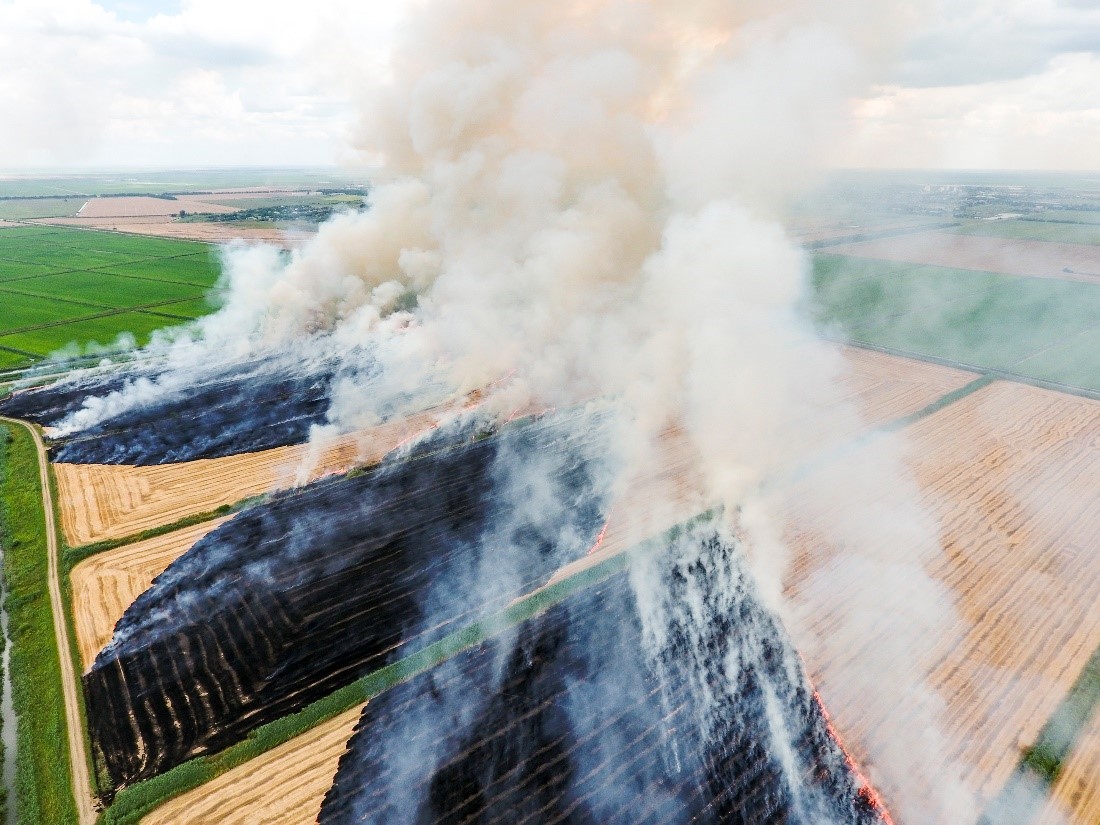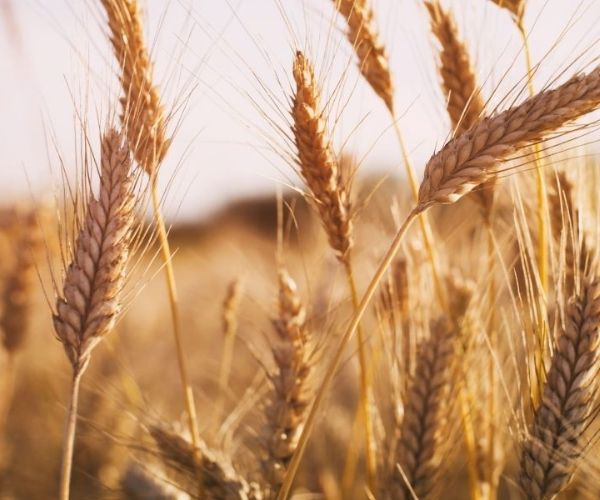Today, many companies are facing increasing pressure from consumers, investors, and regulatory bodies alike to reduce their environmental impact. These pressures range from lowering carbon emissions to cutting back on the use of petroleum-based plastics to reducing the amount of first-generation paper-based packaging used. As a result, large companies including Anheuser-Busch, Proctor and Gamble, and Calvin Klein are working on initiatives to address these concerns. Therefore, the demand is growing for paper-based packaging materials made from alternative sources using processes that reduce energy and water usage and carbon emissions.
Allnorth is an active participant in the sustainable circular economy and we are always looking for ways to help clients optimize resource usage and ultimately develop products that can go through the product lifecycle multiple times. Therefore, for nearly a decade, we have worked with clients worldwide on a variety of alternative pulping opportunities. Currently, we are involved in initiatives using a pulping method that turns agricultural waste with no previous end use into high-quality, compostable cellulose pulp. Let’s look at how this emerging pulping process can provide numerous benefits to existing pulp and paper mills, new mills focused on alternative fibers, the organizations that rely on pulp and paper products to deliver their products, and consumers.
Capitalizing on a Readily Available Alternative Fiber in North America
While alternative fibers that are largely imported such as hemp, bamboo, cork, and cotton are fairly well-known alternatives for many paper products today, one newly emerging fiber with numerous sustainability benefits is wheat straw. This straw is a byproduct of wheat farming – a crop grown annually on about 75 million acres of farmland in the US and Canada. However, since the wheat straw does not have a widespread commercial use, it is usually disposed of as waste, burned off, or plowed under by farmers – all actions that contribute to either CO2 emissions and/or soil erosion (Figure 1). Wheat straw, with its physical characteristics comparable to hardwood and superior to recycled fiber and many of the already mentioned alternative fibers, offers huge potential to be a locally sourced alternative fiber for many North American mills.

Figure 1. An example of the burning of wheat straw left in a wheat field after a harvest.
Reducing Carbon Emissions with Alternative Fibers
Looking at a lifecycle analysis of wheat straw recently conducted by Nature Bank on behalf of Red Leaf Pulp, a new non-wood fiber pulp plant that Allnorth is providing engineering and technical resources to, the carbon footprint of Red Leaf Pulp was found to be 280 kg CO2 emitted per air-dried metric ton (ADMT). This is 83 percent lower than the footprint of conventional mechanical pulps.
This extreme reduction in carbon emissions is possible for a few reasons. First, it takes less energy and water to process wheat straw pulp because this process does not require high-pressure boilers, high water temperatures, or a high level of chemical processing. Second, with the abundance of wheat crops planted in Canada and the US, it is easy for both existing pulp and paper mills and new mills to source this agricultural waste product locally within a 100 km radius of the site. And, although not accounted for in this study, as mentioned, there are further possible carbon emission reductions since the wheat straw is no longer being burned or otherwise disposed of.
Reducing Costs with Alternative Fiber Pulping Processes
There are a number of reasons the process of turning wheat straw into pulp can be significantly cheaper than the processes required for both traditional and other alternative fibers. First, the raw material, wheat straw, is inherently a fraction of the price of wood and many other materials since the straw is a residual product left behind after wheat is harvested. Second, this fiber is a byproduct of a crop that is produced annually. This means there is significantly more agricultural biomass available than wood biomass, and it is rapidly regenerated, keeping costs low each year.
Third, since wheat straw can usually be harvested locally, and most other alternatives are imported to North America, freight rates are usually quite high. Using a domestic product, especially one that is locally sourced, significantly reduces raw material transportation costs and also helps reduce carbon emissions for the process as a whole. Furthermore, since the process to turn wheat straw into pulp requires less energy and water usage, and less chemical processing, production costs are typically 50 to 60 percent lower than those of existing wood fiber mills.
Allnorth can Help Make Alternative Fibers an Option for Your Plant
In addition to our extensive experience working in traditional pulp and paper mills, Allnorth has been providing engineering resources and solutions for plants working with alternative fibers such as wheat straw since the beginning. As a result of our many years of work in both traditional and alternative fiber processes, we are uniquely positioned to help mills cost-effectively expand their pulp offerings as consumer demands shift. For existing mills, we specialize in working together to capitalize on existing infrastructure and integrate new machinery and/or processes as needed. We are flexible in our approach, and can work with all parties, including process and equipment providers, to integrate all components into the mill in the most optimal way.
We also have experience getting entirely new alternative fiber operations up and running. For example, we are currently working with Red Leaf Pulp to provide all the engineering, permitting, mill operations, and maintenance services for their new plant dedicated to processing non-wood fiber pulp.
Overall, we are well positioned to help both existing pulp and paper mills and emerging non-wood fiber mills meet consumer demands for a fiber that is an excellent sustainable alternative to some of the more expensive, less green fibers being produced overseas. And, with our expertise in wheat straw and other fibers, we can do this in a manner that does not sacrifice production costs for production ability. Instead, through our processes, we help many companies reduce production costs and become more profitable by entering this rapidly growing market.
Allnorth’s expertise can help you meet consumer demands for options that address their sustainability goals.


